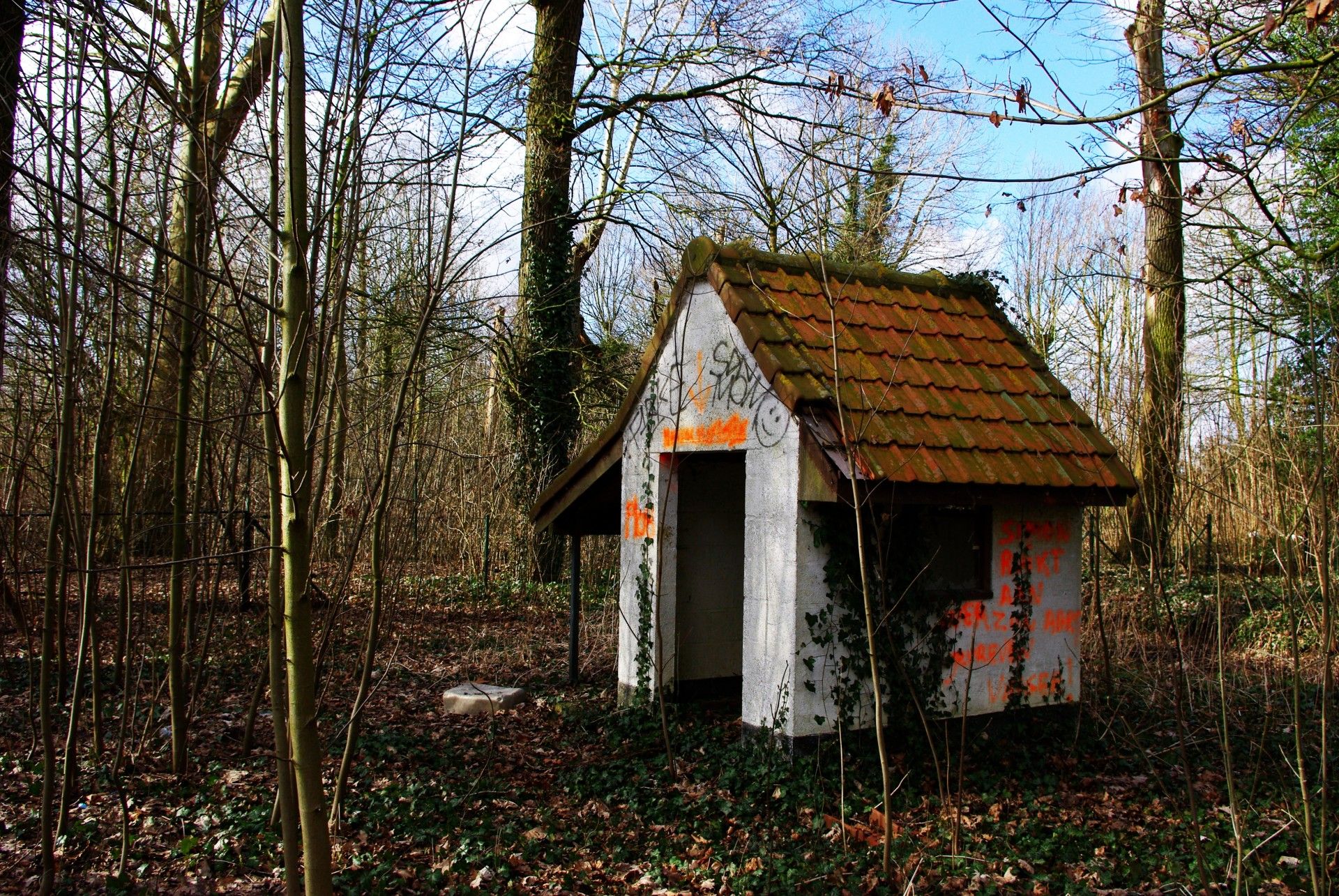Danish municipalities estimate that approximately 2,500 homes are abandoned in rural areas every year.
When an elderly resident dies and leaves a house in a rural area or small village in their will, it is rarely taken over by a younger family or heir.
That leaves behind more and more empty properties in the country, according to local government association Kommunernes Landsforening (KL) – houses that are increasingly being referred to as ‘haunted’.
“This needs to be addressed,” KL president Martin Damm told Jyllands-Posten.
“It can spoil a street and whole village when houses stand empty and start to fall apart.”
Youngsters needed
KL based its analysis on the number of elderly homeowners over the age of 75 and compared it to the lack of families with small children headed to the countryside.
Damm said that there are already about 60,000 homes standing empty and that the demolition price would be over 3 billion kroner.
But simply tearing down the empty houses is not enough, he added.
“We also need to renew urban areas and improve some of the other houses in the villages,” he said.
Property values fall
Steffen Damsgaard, the president of rural district group Landdistrikternes Fællesrådreckons, thinks the forecast is a bit gloomy, but he still believes that the empty houses need to be torn down.
READ MORE: Rich municipalities in Denmark refusing to pay for better services in rural areas
“It helps to raise housing standards in the village or the local area where the property is located,” Damsgaard said.
“No-one wants to move to a place that is filled with dilapidated homes. It scares people away.”















